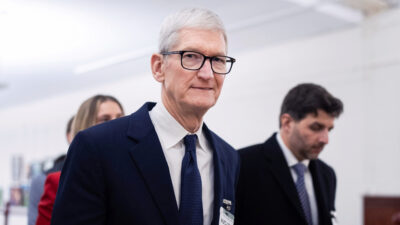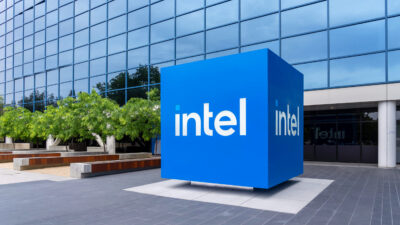Quantinuum Trims the Timeline for Quantum Computing
Quantum computers are expected to solve previously unsolvable problems (or ones that would take ages) across industries.

Sign up for smart news, insights, and analysis on the biggest financial stories of the day.
Quantum computing could be on the verge of a quantum leap. Quantinuum CEO Rajeeb Hazra said yesterday that the revolutionary tech is at a “turning point” after years of experts pushing back predictions for when it’d finally have IRL applications.
Quantinuum, a four-year-old company majority-owned by Honeywell, develops quantum computers that can solve complex problems exponentially faster than traditional computers. Quantinuum’s recent updates, along with rivals’ announcements, suggest the futuristic tech could start taking on real-world problems in years, not decades.
Around The Quantum Corner
At the Quantum World Congress conference on Wednesday, Quantinuum said that its computers had hit a record quantum volume of 33.5 million, up from 8 million in May. More quantum volume means the system can solve more complex problems.
Quantinuum’s rivals are also making some sci-fi-sounding strides:
- Microsoft in February said it created a new state of matter, meaning it’s not a solid, liquid or gas, to help power its quantum computers. Google debuted a computer late last year that can solve calculations in five minutes that would take a typical supercomputer longer than the known age of the universe to complete.
- IBM is on track to launch a “fault-tolerant,” or self-correcting, quantum computer (a key goal in the space) by 2029, one year earlier than previously planned. Quantinuum, not to be outdone, also plans to launch its next-gen computer that year.
Great Power, Great Responsibility: Quantum computers are expected to solve previously unsolvable problems (or ones that would take ages) in industries ranging from chemistry to machine learning. Drug-maker Moderna uses IBM’s quantum computers to advance drug development, while JPMorgan Chase is looking into how the tech can be used for portfolio optimization. Quantinuum is part of a multiyear partnership with the US Department of Defense for national security, but fears are growing about how the tech will impact cybersecurity. Quantum computers could be powerful enough to crack encryption, threatening secure data like financial information and possibly undermining the blockchains on which crypto is built.











